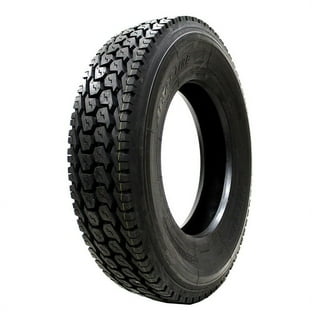Tire Service: Comprehending Tire Pressure Tracking Systems
Comprehending Tire Stress Surveillance Systems (TPMS) is an essential aspect of preserving ideal lorry efficiency and security on the roadway. With improvements in auto technology, TPMS has come to be a conventional feature in modern-day lorries, supplying real-time information on tire stress degrees.

Value of TPMS
The value of Tire Pressure Surveillance Solutions (TPMS) depends on their capability to enhance lorry security and efficiency with real-time surveillance of tire stress levels. Maintaining the appropriate tire pressure is critical for ensuring optimal handling, braking, and total safety and security of a car. TPMS gives drivers with immediate feedback on any kind of overinflated or underinflated tires, enabling prompt modifications to be made.
Elements of TPMS
Making up different important components, a Tire Stress Monitoring System (TPMS) operates as an advanced safety attribute in modern vehicles. The primary components of a TPMS consist of sensors, a control component, and a caution indication. Sensing units are usually located in the tire valve stem or attached to the wheel assembly, where they gauge tire pressure and send data to the control module. The control component processes this info and triggers a warning if it detects significantly low stress in any of the tires. The warning sign, often a sign on the control panel, informs the driver to inspect the damaged tire or tires. Some advanced TPMS designs additionally show the real tire stress readings for every tire, supplying motorists with real-time details to ensure optimal tire performance and safety and security. By checking tire pressure constantly, TPMS aids protect against accidents, decreases tire wear, and enhances gas performance, making it an important element for automobile safety and security and performance.
Kinds Of TPMS

On the various other hand, indirect TPMS relies upon the lorry's wheel speed sensing units to keep an eye on tire pressure. This system identifies underinflation by contrasting the rotational rates of the wheels. Indirect TPMS is much less costly than straight TPMS, as it utilizes existing sensors within the vehicle.
While straight TPMS uses much more exact readings, indirect TPMS is easier in layout and normally needs much less maintenance. Both systems have their advantages and constraints, and the choice between them usually depends upon variables such as cost, lorry make, and personal choice. Understanding the differences in between these 2 sorts of TPMS can assist lorry owners make notified choices concerning tire upkeep and safety and security.
TPMS Maintenance Tips
Efficient maintenance of TPMS is essential for making sure ideal efficiency and safety of your vehicle. Frequently inspecting the TPMS sensing units for any kind of damages or corrosion is vital. Guarantee that the sensing units are totally free and clean from debris that might hinder their functioning. Furthermore, it is suggested to examine the sensing unit batteries periodically and replace them as needed to ensure exact analyses. Conduct regular look at the tire stress degrees and contrast them with the TPMS analyses to guarantee they correspond. Recalibrate the system following the manufacturer's guidelines if there are any discrepancies. Additionally, during tire rotation or substitute, ensure that the TPMS parts are taken care of meticulously to avoid any potential damages. Last but not least, if the TPMS warning light brightens on the dashboard, address the concern without delay by checking the tire stress and the overall system for any faults. By adhering to these maintenance pointers, you can lengthen the life expectancy of your TPMS and improve the safety of your check this driving experience.
Benefits of Appropriate Tire Stress
Preserving correct tire pressure, as emphasized in TPMS Upkeep Tips, is important for reaping the various advantages connected with optimal tire pressure degrees. Furthermore, appropriate tire stress makes sure even tire wear, expanding the lifespan of the tires and advertising safer driving problems. In conclusion, the advantages of proper tire stress go past just tire long life; they encompass improved gas efficiency, enhanced safety, better car efficiency, and overall driving convenience.
Final Thought
Finally, recognizing tire pressure surveillance systems (TPMS) is crucial for maintaining optimum tire pressure and making certain lorry safety. By recognizing the significance of TPMS, knowing with its elements, knowing the various kinds available, sticking to proper maintenance suggestions, and recognizing the benefits of keeping proper tire stress, drivers can boost their driving experience and extend the lifespan of their tires. Proper tire stress is key to reliable and secure automobile procedure.
